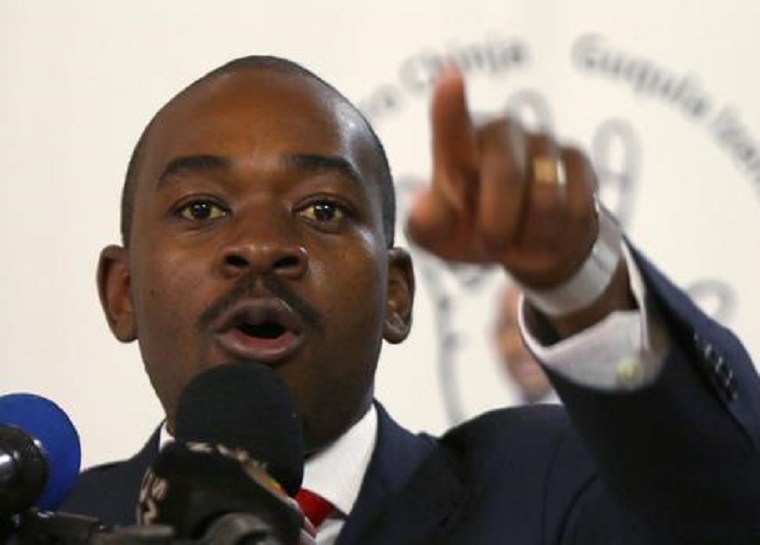Asserting People’s Sovereignty
The bedrock of the BBI, and the Nation’s Agenda 2020 on the basis of which the people will speak through actions for change, is that the people have awoken to the truth that, in terms of the new Constitution adopted by the people in a referendum in 2013, sovereignty belongs to the people, and not to the State or its institutions and agencies. This is why s88(1) of the Constitution provides that “executive authority derives from the people of Zimbabwe”; s117(1) says legislative authority of Zimbabwe is derived from the people, and s162 stipulates that “judicial authority derives from the people of Zimbabwe”.
These are important constitutional imperatives whose import is that national sovereignty belongs to the people by virtue of the constitutional provisions that derive executive authority, legislative authority and judicial authority from the people.
When the institutions, agencies or offices to whom the people have vested their executive authority, legislative authority or judiciary authority; as has happened with regard to the stolen 2018 presidential election, the failure to hold accountable those behind the violent brutalisation of citizens on 1 August 2018 and between 14 and 28 January 2019; along with the destruction and erosion of the people’s livelihoods, leave the people with no constitutional choice but to assert their sovereignty.
The people have a constitutional right to directly exercise their executive authority, legislative authority and judicial authority when those vested with such authority, abdicate or repudiate their constitutional responsibilities and obligations.
Triple Action for Change
In summary, the BBI under the Nation’s Agenda 2020 translates into a model of triple action for the people to mark 2020 as the year of the people and to start the new decade as the people’s decade through revolutionary actions for change, in accordance with the Constitution of Zimbabwe.
The long and short of it is that enough is enough. A lot of damage has been done to Zimbabwe and Zimbabweans in the name of the State. There’s a difference of night and day between officeholders and the State. In a constitutional democracy, such as ours should be, the State belongs to the people, as its creators; it does not belong to its officeholders.
Ours is a National democratic struggle whose success depends on nationwide transformation and reform, Ours is a National Democratic struggle whose main facets entail different zones of struggle.
Continued next page
(631 VIEWS)

